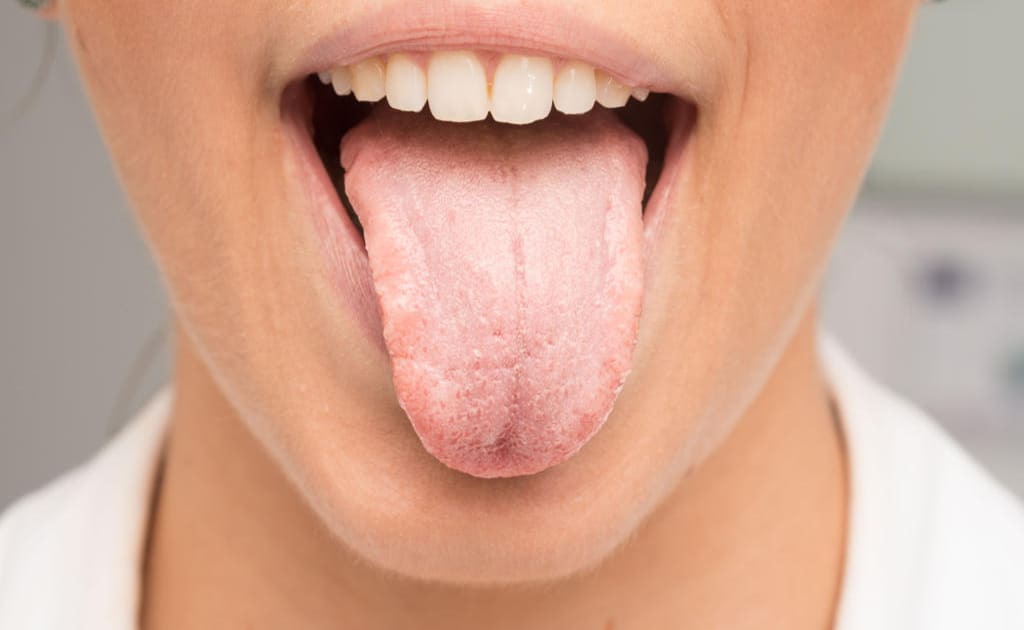What Causes Dry Mouth From Alcohol? Quick Relief

Dry mouth, also known as xerostomia, is a common issue that many people experience after consuming alcohol. But what exactly causes this uncomfortable sensation, and more importantly, how can you find quick relief? To understand the relationship between alcohol consumption and dry mouth, let’s delve into the physiological effects of alcohol on the body, particularly on the salivary glands and oral cavity.
Alcohol’s impact on the salivary glands is a key factor in the development of dry mouth. When alcohol is consumed, it is absorbed into the bloodstream and then distributed throughout the body. The salivary glands, responsible for producing saliva, are negatively affected by the presence of alcohol. Alcohol acts as a diuretic, which means it increases urine production and leads to dehydration. This dehydration affects not just the overall body but also specifically reduces the production of saliva. Saliva plays a crucial role in keeping the mouth moist, aiding in the digestion of food, and helping to neutralize acids and remineralize teeth. With reduced saliva production, the mouth feels dry and uncomfortable.
Another factor contributing to dry mouth from alcohol is the alteration in the composition of saliva. Alcohol can change the pH balance and the enzyme composition of saliva, further impairing its protective and digestive functions. This alteration can lead to an increase in the acidity of the mouth, which may exacerbate the sensation of dryness and potentially lead to other oral health issues, such as tooth decay and gum disease.
In addition to its direct effects on saliva production and composition, alcohol can also indirectly contribute to dry mouth through its effects on sleep and overall health. Alcohol consumption, especially in large amounts, can disrupt sleep patterns. Poor sleep quality and duration can lead to decreased saliva production during the night, exacerbating dry mouth symptoms in the morning.
For those seeking quick relief from alcohol-induced dry mouth, several strategies can be employed:
Hydration: Drinking plenty of water is essential to combat dehydration caused by alcohol. Aim to drink water throughout the day and especially before going to bed to help keep your mouth moist during the night.
Sugar-Free Gum or Candy: Stimulating saliva production can help alleviate dry mouth. Chewing sugar-free gum or sucking on sugar-free candy can encourage the salivary glands to produce more saliva without adding sugar that could lead to other oral health issues.
Biotene Products: Biotene is a brand that offers a range of products specifically designed to help manage dry mouth. These products can be particularly helpful for those experiencing persistent dry mouth symptoms.
Mouthwashes and Sprays: There are various over-the-counter mouthwashes and oral sprays designed to provide moisture and relief for dry mouth. Some products contain ingredients like xylitol, which can help stimulate saliva production and prevent tooth decay.
Avoid Irritants: Avoiding irritants such as tobacco, spicy foods, and citrus juices can help reduce discomfort and prevent further irritation of the mouth tissues.
Good Oral Hygiene: Maintaining good oral hygiene practices, such as brushing and flossing regularly, can help prevent the buildup of bacteria and reduce the risk of oral infections that might be more prevalent with dry mouth.
In conclusion, understanding the causes of dry mouth from alcohol consumption is the first step towards finding relief. By recognizing the physiological impacts of alcohol on the salivary glands and overall oral health, individuals can take proactive steps to mitigate these effects. Whether through hydration, stimulating saliva production, or using specialized products, there are several avenues for relief from the discomfort of dry mouth.
How long does it take for the mouth to recover from alcohol-induced dryness?
+The recovery time from alcohol-induced dry mouth can vary depending on the amount of alcohol consumed, the frequency of consumption, and individual factors such as overall health and hydration levels. Generally, with proper hydration and care, the mouth can start to recover within a few hours to a couple of days after alcohol consumption.
Can dry mouth from alcohol lead to more serious health issues?
+Yes, prolonged or severe dry mouth can lead to more serious health issues, including increased risk of tooth decay, gum disease, and oral infections. It can also lead to difficulties in swallowing, speaking, and tasting food. Furthermore, in some cases, dry mouth can be a symptom of an underlying condition that needs medical attention.
Are there any long-term effects of alcohol-induced dry mouth on oral health?
+Yes, frequent or excessive alcohol consumption leading to chronic dry mouth can have long-term effects on oral health. These can include persistent difficulties with swallowing and speaking, increased susceptibility to oral diseases, and potential impacts on the overall quality of life. Regular dental check-ups and maintaining good oral hygiene practices are crucial for mitigating these risks.
In addressing the multifaceted issue of dry mouth caused by alcohol consumption, it’s essential to consider both the immediate relief strategies and the long-term implications for oral health. By adopting a comprehensive approach that includes raising awareness about the effects of alcohol, promoting good oral hygiene, and encouraging healthy lifestyle choices, individuals can better protect their oral health and overall well-being.

